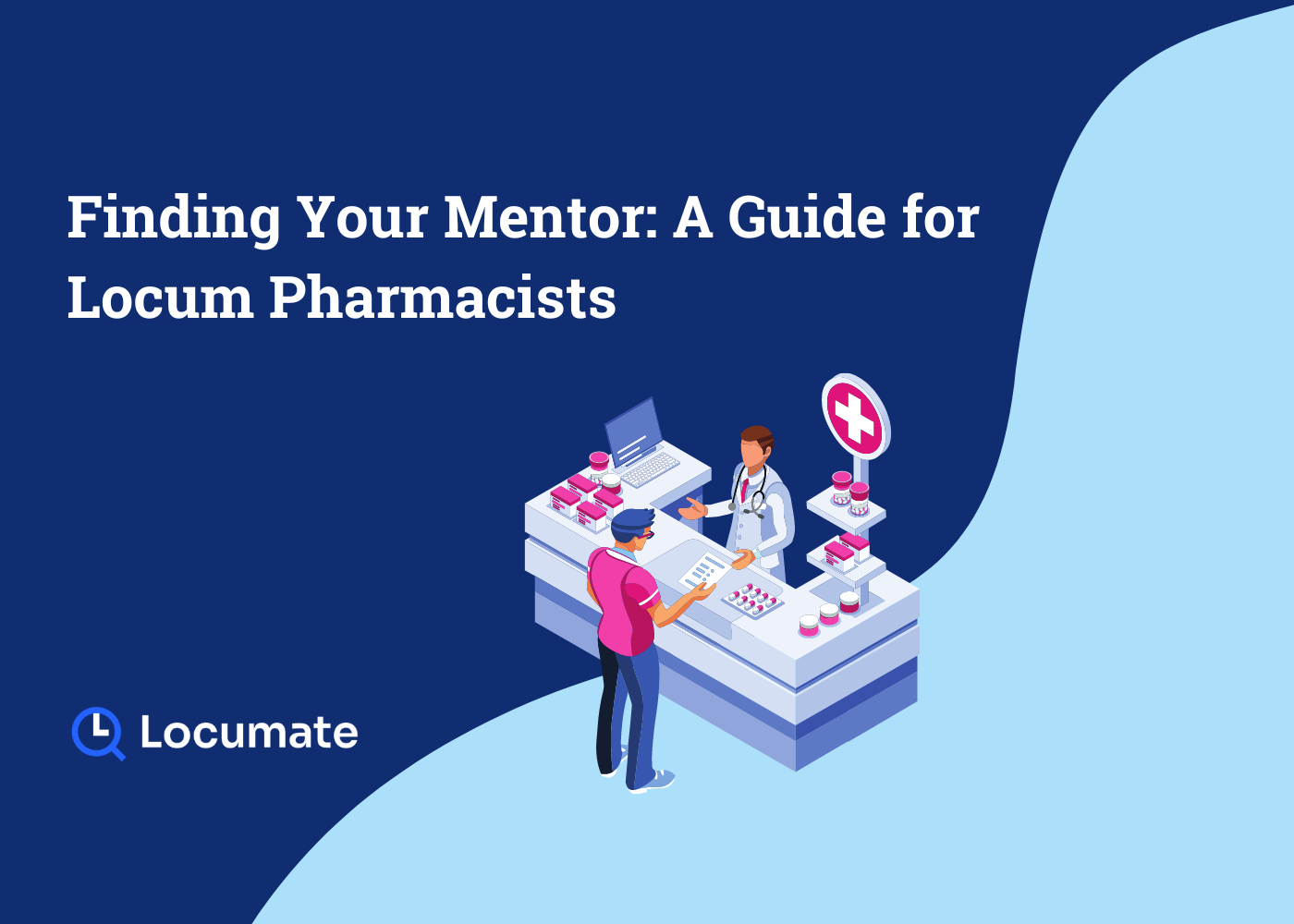Mentorship is a vital aspect of professional growth and development, playing a crucial role in the success of all pharmacists, including locum pharmacists. A mentor provides guidance, support, and advice to a mentee throughout their professional journey. In the field of pharmacy, mentors assist pharmacists in navigating the complexities of their work, from technical aspects of medication management to interpersonal skills required to interact with patients and healthcare professionals.
But how do you find a mentor, and what should you look for in a mentor? And once you’ve found a mentor, how do you get the most out of the mentoring experience? Let’s take a closer look.
Finding a Mentor
Finding a mentor can be a daunting task, especially for locum pharmacists who work in multiple locations. However, there are several avenues you can explore to find a mentor. One option is to reach out to professional organisations such as Pharmaceutical Society of Australia (PSA) or the Pharmacy Guild. These organisations may have mentorship programs or be able to connect you with potential mentors.
Another option is to reach out to colleagues or managers at the various pharmacies where you work. These individuals may be able to provide guidance and support or connect you with other pharmacists who would make good mentors. Additionally, social media platforms such as LinkedIn can be an excellent way to reach out to someone who aligns with your goals and interests and can further help develop your skills.
What to Look for in a Mentor
When seeking a mentor, it’s important to look for someone who has experience and expertise in the areas where you need support. For example, if you need guidance on how to succeed in the world of IT in pharmacy or navigate locum pharmacy, you should look for a mentor who has experience in that area. It’s also essential to find a mentor who is a good communicator, patient, and willing to invest time and effort into the relationship. The mentor should be someone who is approachable and open to feedback, as this will facilitate a productive and supportive mentoring experience.
Getting the Most out of the Mentoring Experience
Once you’ve found a mentor, it’s important to establish clear expectations and goals for the mentoring relationship. This could include setting regular meetings, identifying specific areas for improvement, and establishing timelines for achieving goals. Communication is key to a successful mentoring relationship. Be open and honest about your strengths, weaknesses, and goals. Be receptive to feedback and willing to act on the advice and guidance provided by your mentor. It’s also crucial to take ownership of your development. Be proactive in seeking out opportunities to learn and grow, and be willing to put in the effort required to achieve your goals.
Mentorship is a powerful tool for professional growth and development in the field of pharmacy. Don’t be afraid to seek out a mentor – it could be just what you need to take your career to the next level. Remember to look for someone with experience and expertise in the areas where you need support, and to establish clear expectations and goals for the mentoring relationship. And above all, be open, receptive, and proactive in your development – the sky’s the limit!





